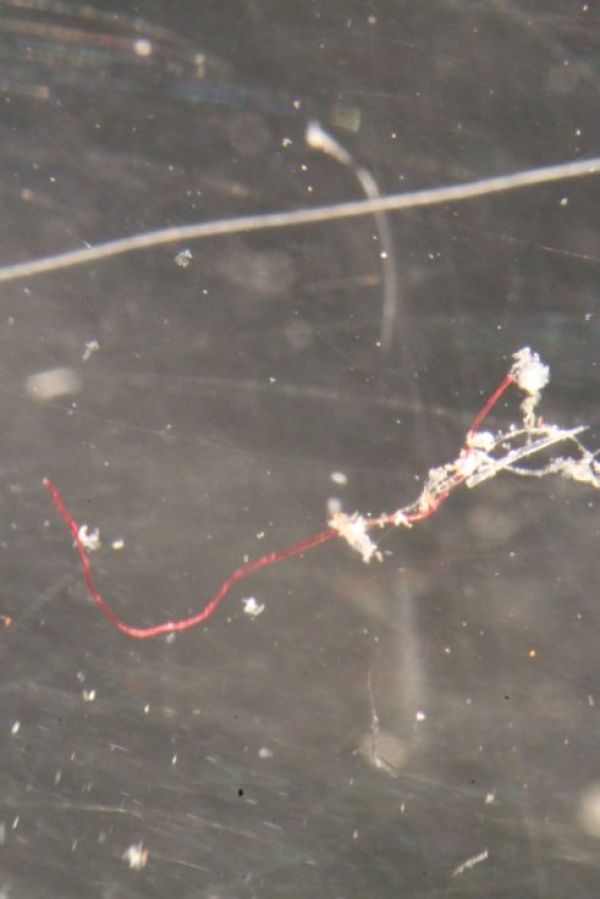A study from researchers at Liverpool John Moores University (LJMU), Queen’s University Belfast and British Antarctic Survey, took samples from remote parts of the Antarctic Peninsular, South Georgia and the Sandwich Islands. The research is published today (23 October) in the journal Environmental Science & Technology.
The team discovered at least one particle of microplastic for every gram of sediment was found to be residing on the Antarctic seabed, similar to pollution rates other oceanic regions much closer to human activity and habitation. These were fragments, films, and fibres of the most commonly discarded polymers – polyester, polypropylene, and polystyrene – all often used in packaging.
Samples of the seabed were collected up to 3.6 km in depth by British Antarctic Survey scientist Dr Katrin Linse, who travelled to the Southern Ocean and Antarctica as part of a wider research project.
Continue reading at British Antarctic Survey
Image via British Antarctic Survey


